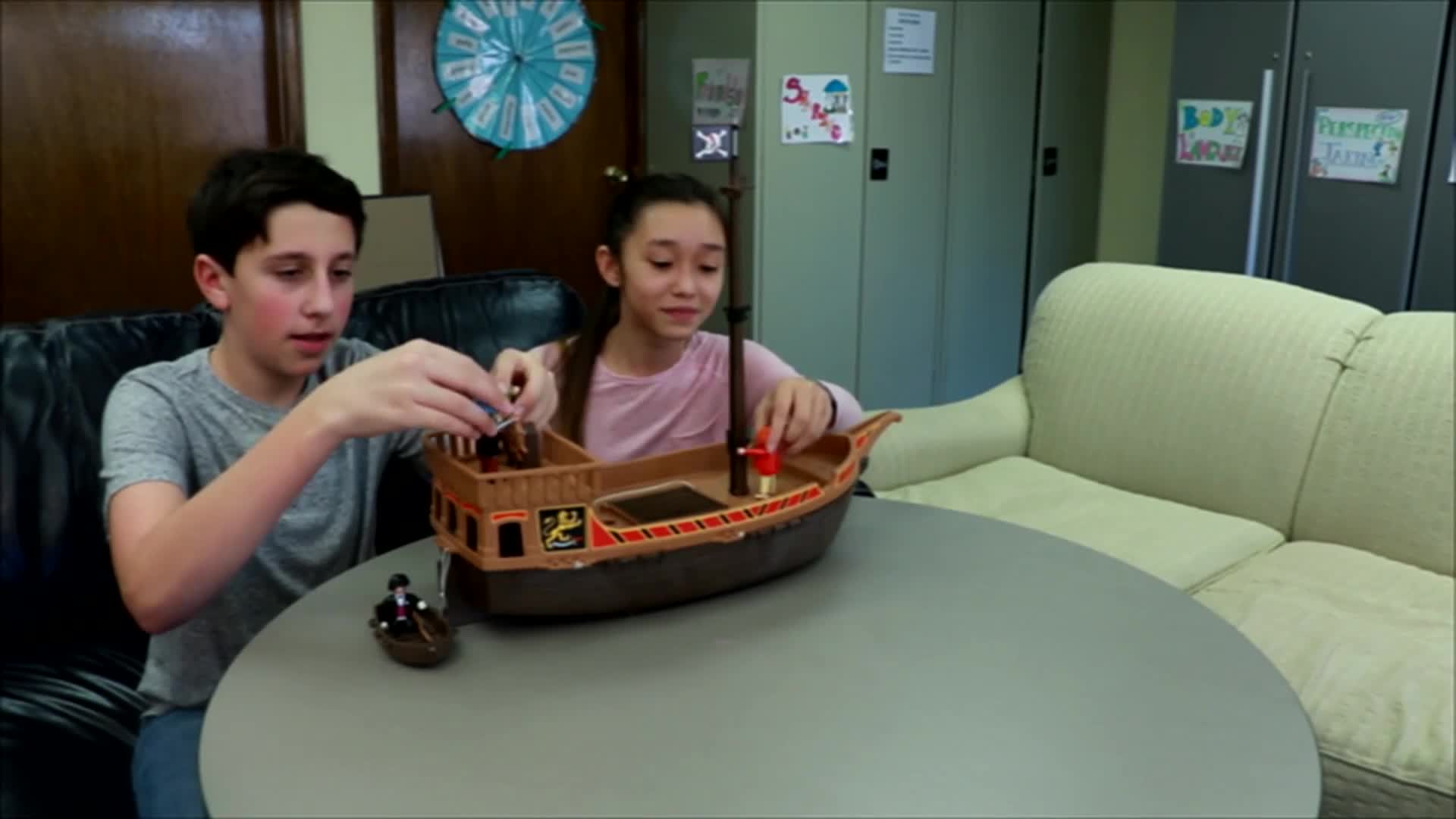
In this blog post, we will explore effective strategies to help students with special needs join group activities and enhance their social skills. By practicing these techniques, educators can create a more inclusive and supportive learning environment for their students.
Introduction
For students with special needs, joining group activities can be a challenging task. It requires a combination of communication, observation, and social skills to successfully engage with others. Incorporating principles of Social-Emotional Learning, we have curated a set of strategies that will help these students feel more comfortable and confident when joining their peers in group activities.
No-Prep Activity: The Compliment Train
The Compliment Train is an easy no-prep activity that encourages students to practice positive communication and build connections with their peers. To conduct this activity, follow these simple steps:
- Ask the students to form a circle.
- Choose a student to start the activity by giving a compliment to the person on their right.
- The person who received the compliment will then give a compliment to the person on their right, and so on, until every student has both given and received a compliment.
- Once the activity is complete, discuss with the group how it felt to give and receive compliments, and how positive communication can help build relationships.
Discussion Questions
To further engage students and encourage critical thinking, consider discussing the following questions:
- How does it feel when someone joins your group activity and shows an interest in what you are doing?
- What are some ways that you can make others feel welcome when they join your group?
- Why is it important to practice good communication and observation skills when joining a group activity?
- How can you tell if someone wants to join your group but may be feeling shy or unsure?
- What are some ways to include everyone in a group activity, even if they have different abilities or needs?
Related Skills
In addition to the strategies and techniques discussed in this blog post, there are other relevant skills that can help students with special needs succeed in group activities:
- Active listening: Encouraging students to listen carefully to their peers and respond thoughtfully can help create a more inclusive environment.
- Empathy: Teaching students to consider the feelings and perspectives of others can foster stronger connections and a greater sense of belonging.
- Collaboration: Providing opportunities for students to work together on projects or activities can help them develop teamwork skills and build relationships.
- Self-awareness: Encouraging students to reflect on their own emotions, strengths, and challenges can promote personal growth and resilience.
Next Steps
To help your students further develop these essential skills, sign up for free samples of the discussed skill and others at Everyday Speech. By incorporating these strategies and activities into your classroom, you can create a supportive and inclusive learning environment that empowers all students to succeed.

